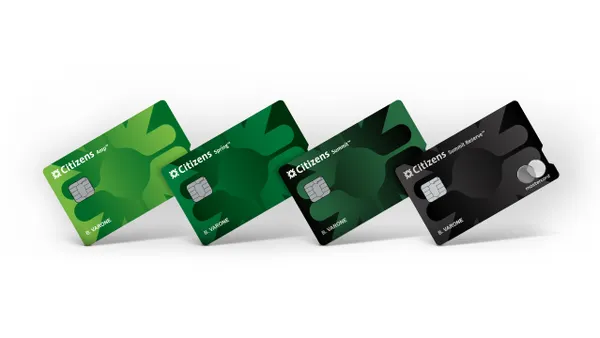Dive Brief:
- Payment processor Fiserv has signed 17 large e-commerce merchants to its debit networks Star and Accel, “prompted by” last year’s Regulation II clarification taking effect, according to a Tuesday presentation.
- Fiserv signed eBay and HelloFresh during the fourth quarter, after landing ride-share companies Uber and Lyft, among other customers, earlier last year, said Fiserv CEO Frank Bisignano during Tuesday’s fourth-quarter earnings webcast; several are new clients for Fiserv, he added.
- For Brookfield, Wisconsin-based Fiserv, the debit networks are “strategic assets,” and the Federal Reserve’s clarification of that debit routing rule expanded opportunity for the company, Bisignano said. “It’s off to a decent start,” he said of signing clients. “It remains to be determined over the longer haul, but we feel good about the Reg. II opportunity.”
Dive Insight:
Card network Visa pointed to the impact of Reg. II during its quarterly earnings call last month, as part of what was behind a decline in debit transaction growth. The company’s executives had previously downplayed the potential impact from the Fed’s clarification of the debit routing rule for online transactions, which took effect July 1, 2023.
“There’s fabulous competition out there for these transactions,” Bisignano said Tuesday.
In another fourth-quarter development, Fiserv acquired Sled, a payments software company based in Curitiba, a city in southern Brazil; terms of the deal were not disclosed. The purchase lays the groundwork to support more fee-based Pix transactions for Fiserv’s merchant clients, Bisignano said during the call. Pix is Brazil’s instant payment platform.
Sled is a software services company “that will allow Fiserv to operate as a direct payment service provider, expanding our reach into the full Pix instant payments universe,” he said. Later during the call, Bisignano said Fiserv is constantly evaluating where it can add software functionality, as the company considers acquisitions.
Fiserv will roll out Clover, its point-of-sale hardware and software for small and medium-sized merchants, in Brazil in April, a move the company expects will further its growth in the country, Bisignano said.
Fiserv’s fourth-quarter revenue rose 6%, to $4.92 billion, according to a news release. Net income climbed 11%, to $870 million.
Merchant acceptance revenue grew 14% in the quarter, driven by 30% revenue growth for Clover. But the company experienced a 3% decline in quarterly revenue for its fintech segment, and its payments segment revenue grew only 3%, according to a quarterly earnings presentation.
Executives attributed the dip in fintech revenue to financial institution clients opting to tap the company’s application service provider, where software is hosted in Fiserv’s data centers, rather than purchasing their own software licenses. The former option spreads out monthly payments, which resulted in lower quarterly revenue.












